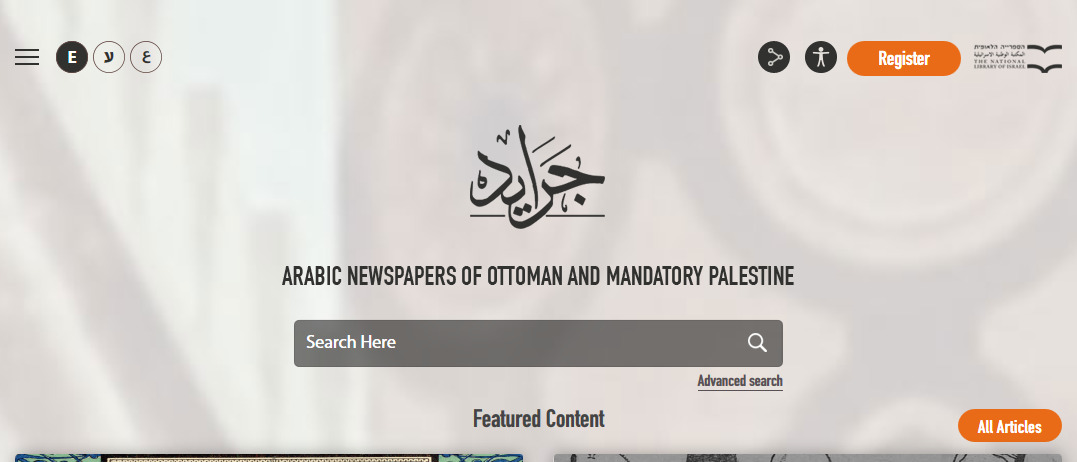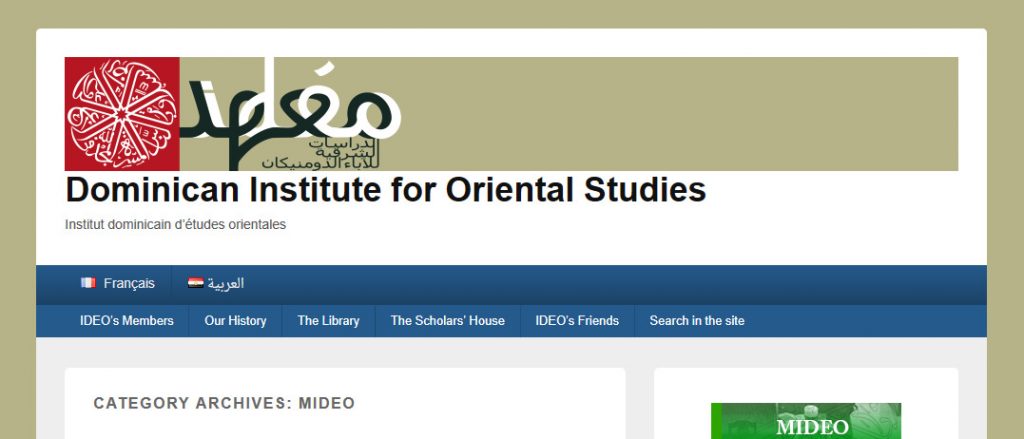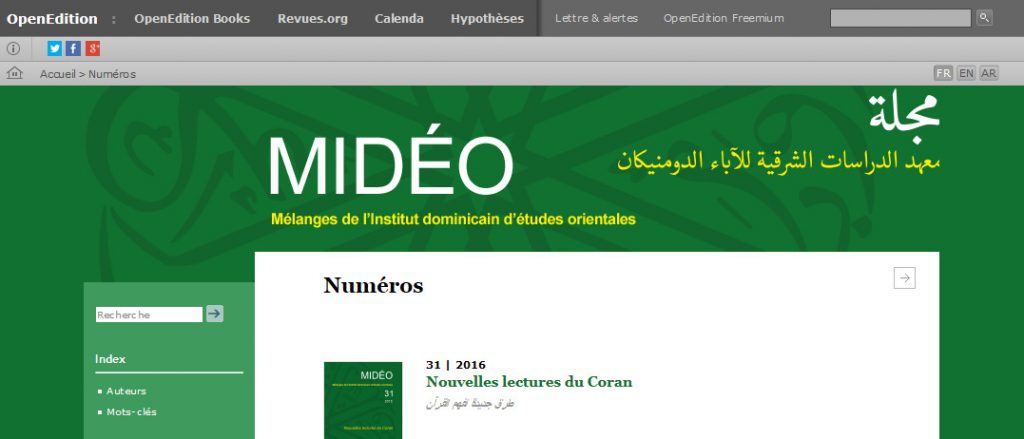In recent news, the Canadian Tri-Agencies granting programs have introduced a new policy for researchers: Open Access. What does this mean for you? McGill Library has created a FAQ section to help with the details of the implementation and meaning of this change in policy. The policy, it should be noted is effective 15 May 2015. Below is the official announcement.
“On February 27, 2015, Canada’s three major research funding agencies – the Natural Sciences and Engineering Research Council of Canada (NSERC), the Social Sciences and Humanities Research Council of Canada (SSHRC) and the Canadian Institutes of Health Research (CIHR) – announced a new harmonized “Open Access Policy on Publications” that requires research publications supported by public funds to be made openly available for the benefit of the community at large.”
The policy requires that “any peer-reviewed journal publications arising from Agency-supported research are freely accessible within 12 months of publication.” It applies to NSERC and SSHRC grants awarded May 1, 2015 and onward, and continues the pre-existing open access requirement for CIHR grants awarded January 1, 2008 and later. Researchers holding grants awarded before May 1, 2015 are also encouraged to follow the policy. NSERC, SSHRC and CIHR grant recipients must ensure that any peer-reviewed journal articles be freely accessible within 12 months of publication through one of the following options:
- Online Repositories: Grant recipients can deposit their final, peer-reviewed manuscript into an institutional or disciplinary repository that will make the manuscript freely accessible within 12 months of publication.
- Open Access (OA) Journals: Grant recipients can publish in an open access journal. For journals that use Article Processing Charges (APCs) as a means to fund open access, these APCs are allowable expenses for Tri-Agency grants.
Through services and resources like the eScholarship@McGill repository and research consultations, McGill Library & Archives will continue to support researchers as the open access movement evolves. For more information regarding the Tri-Agency Open Access Policy, compliance information, and how the Library & Archives can help to make your work open access please visit: https://www.mcgill.ca/library/services/open-access.”
On McGill Library’s Open Access page. there is an array of further information for quick answers. Perhaps the most burning question for this new policy is: How to comply with the OA policy? In the section from the above link entitled “How to make your research open access” one particular paragraph will prove extremely useful:
“Standard publishing agreements for many journals already allow repository deposit of the publisher’s PDF or of the final manuscript after peer review. However, not all do. Carefully review your publishing agreement or learn about a given publisher’s standard policies in the SHERPA/RoMEO database to determine what rights you are signing over to the publisher and how these affect your ability to deposit your work in a repository. If you would like to deposit your published work in a disciplinary or institutional repository, and the standard agreement from your preferred publisher does not allow this, you can negotiate the details of your publishing agreement.”
For the fields of Islamic and Middle East Studies there are many different OA journals already available whose publishing agreements comply with this new Tri-agencies policy. One source, in particular for OA journals pertaining to Islamic and Middle East Studies is AMIR (Access to Mideast and Islamic Resources). It provides a complete list of all Open Access journals pertaining to these fields of inquiry.
Remember also to be aware of predatory OA journals. These journals can be quite convincing and aggressive in striving to obtain your manuscript. If you have any doubt, Jeffrey Beall of the University of Colorado maintains an impressive blog on known predatory journals. On the same blog, he also lists questionable publishers.
Should you have any questions, do not hesitate to contact us.
 جرائد [Jara’id] is a database of Palestinian newspapers published between 1908 and 1948. This initiative, led by the National Library of Israel, consists in digitizing periodicals from its collections to make them widely available. If the first phase of the project focused on two date ranges: 1908-1920 and 1945-1948 -which explains why only a few years are currently accessible for some titles- but the goal is to continue digitizing in order to provide an exhaustive archive of the Ottoman and mandatory Palestine period.
جرائد [Jara’id] is a database of Palestinian newspapers published between 1908 and 1948. This initiative, led by the National Library of Israel, consists in digitizing periodicals from its collections to make them widely available. If the first phase of the project focused on two date ranges: 1908-1920 and 1945-1948 -which explains why only a few years are currently accessible for some titles- but the goal is to continue digitizing in order to provide an exhaustive archive of the Ottoman and mandatory Palestine period.



